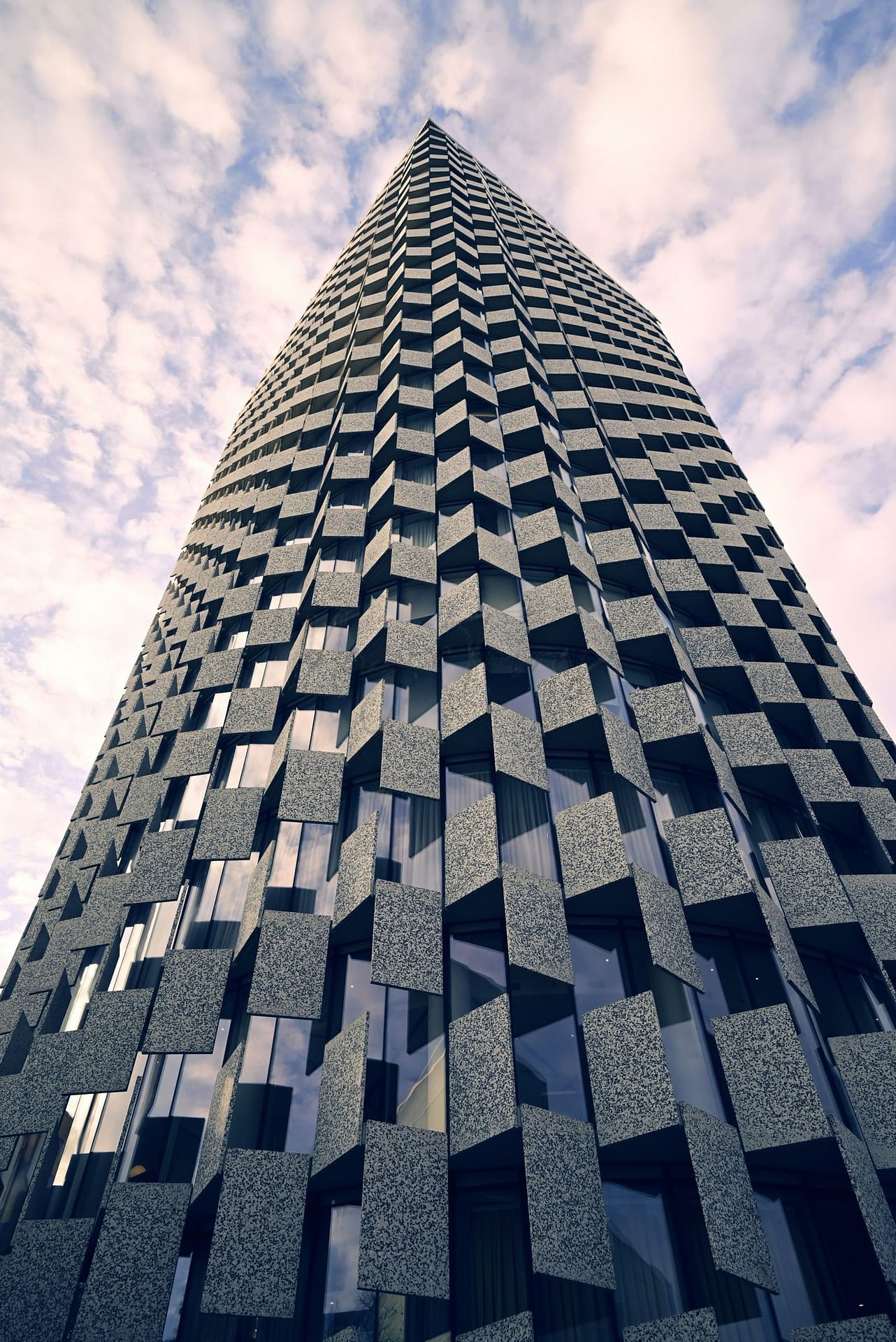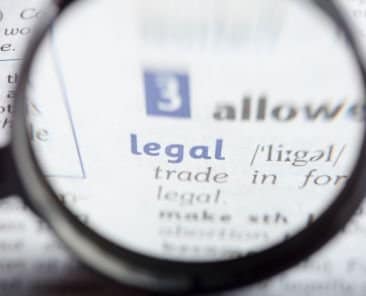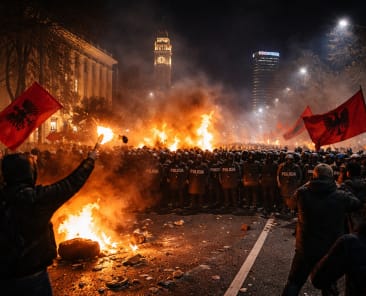A wave of property development has transformed the capital of Albania, as a result of growing interest by domestic and international investors looking to buy property in Tirana. However, the rapid growth of Albania’s real estate market is not without its complications. The sector, particularly in the capital, is riddled with challenges stemming from opaque financial transactions and delayed construction projects that have left many investors in limbo.
In this week’s Albania Property Weekly we examine the complexities of investing in Tirana’s property market, exploring the economic dynamics, regulatory responses, and individual investor experiences that paint a comprehensive picture of the potential risks. Exploring the actual investment scene, from government actions against corruption to what buyers really face at when purchasing properties off-plan in a development in Tirana.
Download our “Buying Property in Albania” e-book and start your journey to owning a home in Albania!
The Role Of “Dark Money” In The Property Market
Prospective property investors in Albania must undertake comprehensive due diligence, examining not only market trends and expected yields but also the credentials of developers involved. A recent investigation by Ola Xama, an economic journalist, highlighted the opacity in Albania’s financial activities specifically related to property.
As reported in The Sunday Times, approximately €3.7 billion annually enters the Albanian construction and property sector, equating to 15% of the national GDP. Remarkably, only €847 million of this sum passes through formal banking channels. Xama’s findings indicate that around €2.85 billion remains unaccounted for, suggesting the presence of “dark money”. In Albania, a predominantly cash-based economy where remittances from expatriates are significant, Xama estimates that as much as €1.3 billion of this untracked capital could derive from illicit activities such as drug trafficking.
Tirana Property Prices Have Quadrupled in 7 Years
Xama claims that the injection of illicit funds has markedly stimulated Tirana’s real estate market, propelling high-end apartment prices from €1,000 per square meter in 2017 to approximately €4,000 currently. Despite a glut of apartments, many of which remain unsold, prices continue their upward trajectory. This price surge is attributable not solely to property acquisitions but also to investments funneled into construction enterprises. This underlines the critical importance for investors to engage in thorough financial analysis and verification processes for investors looking to buy property in Tirana.
Alarming and Increasing Vacant Property Rates
Belind Kelliçi of Albania’s opposition Democratic Party has raised alarms over the dubious trend of entities with negligible declared capital securing significant construction contracts. He noted that in 2015, there were 8,000 vacant apartments in Tirana. This figure has ballooned to 40,000 due to unabated issuance of construction permits, despite lagging demand. The resultant pricing market has made home ownership increasingly unfeasible for average couples.
Is The Tirana Property Bubble Bursting?
Klodian Tomorri, an economist, observes that the construction sector in Albania has expanded at a rate significantly outstripping the overall economic growth over the past three years. For every new resident in Tirana, roughly 300 square meters of floor space are being constructed—nearly nine times the average in the European Union. This excessive expansion poses the risk of a property bubble. Should this bubble burst, the repercussions could be severe, including a spike in defaulted loans, collapse of construction firms, substantial losses for homeowners, and the potential onset of a recession. The future of Tirana’s property market remains uncertain.
Due Diligence To Buy Property In Tirana
The Albanian government recognises the imperative of stringent due diligence and has intensified its efforts to combat corruption and money laundering within the construction and property sectors. In a significant move, the government has established a special prosecutors’ unit, SPAK, which has benefited from FBI training in Virginia. This initiative is already yielding tangible outcomes. For example, in 2022, Spak took decisive measures by freezing assets associated with Gjinaj, a prominent construction magnate, under suspicion that his considerable fortune was amassed through illicit means, including drug trafficking. This action also targeted the company behind “Garden Residence Turdiu”, a new development in Tirana, leaving many residents in the dark about their investments and uncertain about the future of their homes.
The construction of Tower C within the “Garden Residence Turdiu” complex provides a pertinent example of project delays affecting potential residents. Completion was due in 2021, yet the development has been fraught with setbacks, such as common areas and lifts remaining unfinished, has left the families who have invested in these properties unable to move in.
This case underlines the need for investors to conduct thorough background checks on developers and their projects, ensuring an understanding of the broader economic and regulatory context. The explosive growth of Tirana’s construction sector, which far exceeds both local demand and the pace of national economic growth, signals potential instability.
Conclusion: A Market With Opportunities, But Be Careful
As we have highlighted previously, Tirana offers a number of options for people looking to rent, at what are still very competitive rates versus other capitals. However, the case for purchasing in Tirana is less clear by the day, as sale prices keep surging and evidence mounts of less-than-pristine money making its way into the system. If we had to purchase right now, we’d likely be looking in other cities where prices are still reasonable, like Berat or Durres.
Also Read:
- Buying Property in Albania As A Foreigner
- Building Permits in Albania
- Apartments For Rent In Tirana Under 400 Euro





